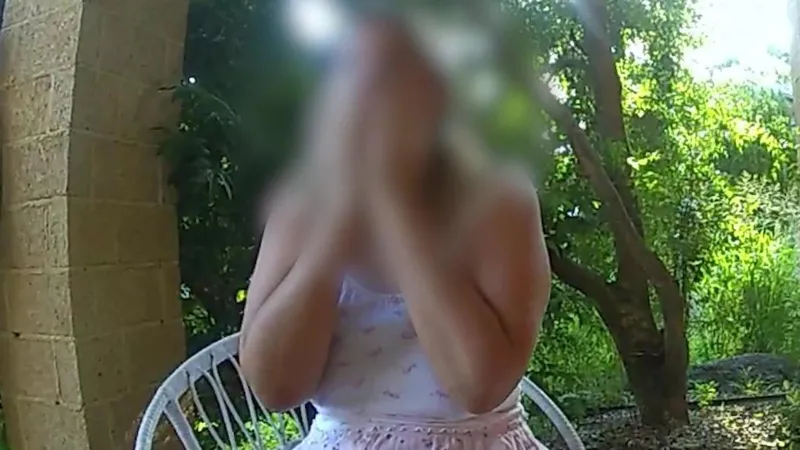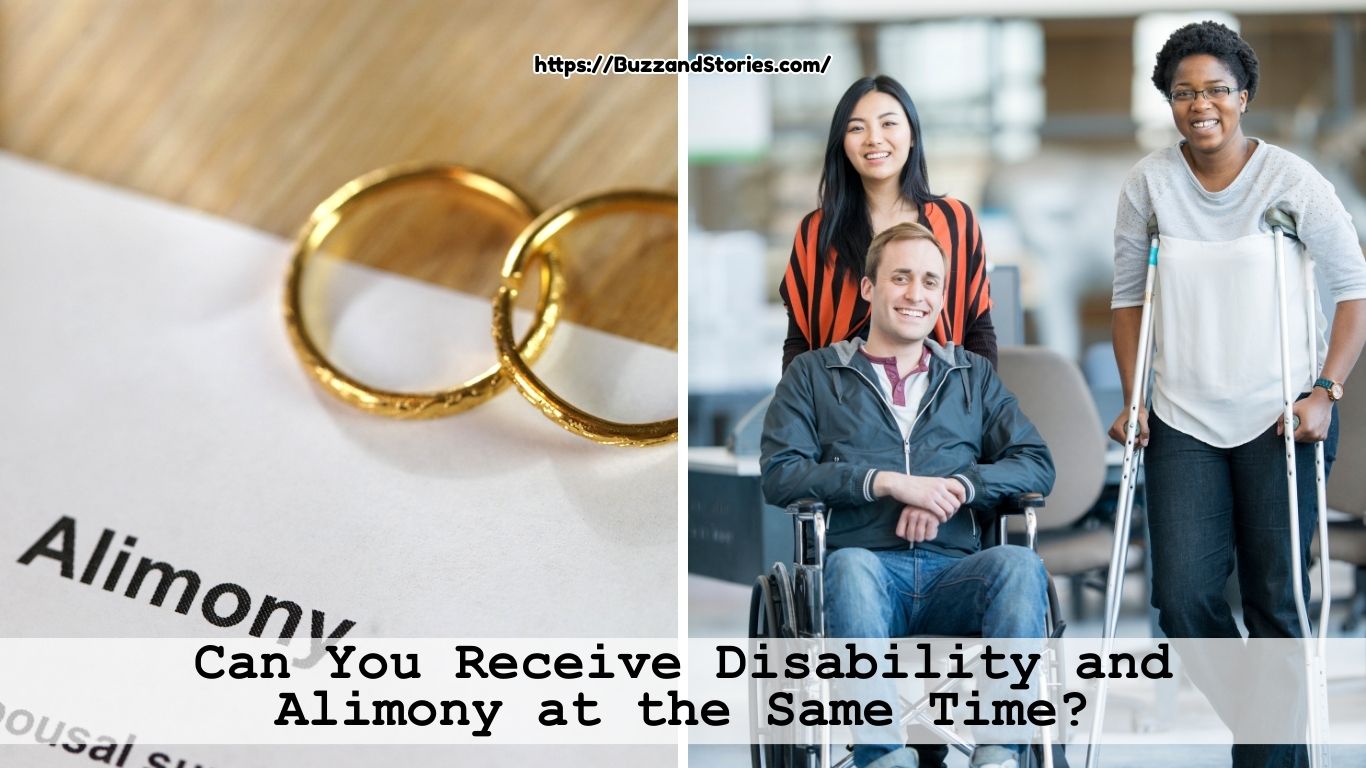An Australian influencer has been thrust into the spotlight for all the wrong reasons after being charged with allegedly poisoning her infant child. The case, which has captured widespread public and media attention, has raised serious concerns about the well-being of children in vulnerable situations and the darker side of social media fame.
Authorities have accused the woman, whose identity remains protected to safeguard the child, of deliberately administering harmful substances to her baby over an extended period. The infant reportedly suffered from a range of unexplained health issues that puzzled medical professionals. It was only after extensive investigations, including medical tests and toxicology reports, that suspicions pointed toward deliberate harm.
The influencer, known for her glamorous online persona and parenting tips, had built a significant following on social media platforms. She frequently shared snippets of her daily life, often featuring her child, portraying a picture-perfect existence. Many of her followers admired her for her seemingly candid and relatable content about the ups and downs of motherhood. However, as investigations progressed, a darker reality began to emerge.
Reports suggest that the woman may have been suffering from Munchausen syndrome by proxy, a rare mental health disorder where a caregiver fabricates or induces illness in someone under their care to draw attention or sympathy. Experts believe such cases often stem from deep-seated psychological issues and a craving for validation. This theory has not been confirmed, but it has been widely speculated by those familiar with the investigation.
The child is currently in the custody of child protective services and is reportedly receiving medical care to address the effects of the alleged poisoning. Authorities have assured the public that the baby is now safe and recovering. Meanwhile, the accused is facing criminal charges, including child endangerment and grievous bodily harm. If found guilty, she could face a lengthy prison sentence.
This case has sparked heated debates about the pressures of social media and the potential dangers of turning personal lives into public spectacles. Mental health professionals are urging for greater awareness and support systems for individuals who may feel overwhelmed by societal or self-imposed expectations.
The public reaction has been a mix of outrage, shock, and concern for the child’s well-being. Many are questioning how such incidents can be prevented in the future and whether social media platforms should bear some responsibility for promoting potentially harmful behaviors among their users.
As the legal process unfolds, this case serves as a sobering reminder of the complexities of human behavior and the unseen struggles that can exist behind even the most picture-perfect facades.




















